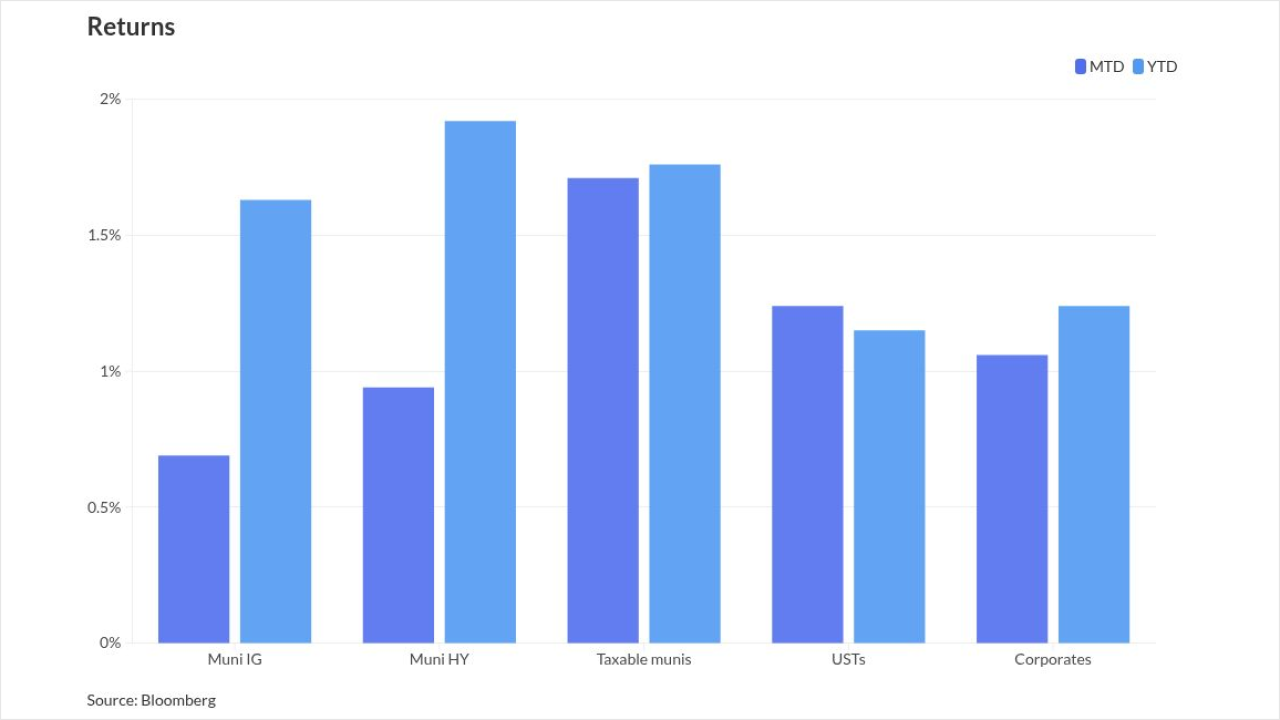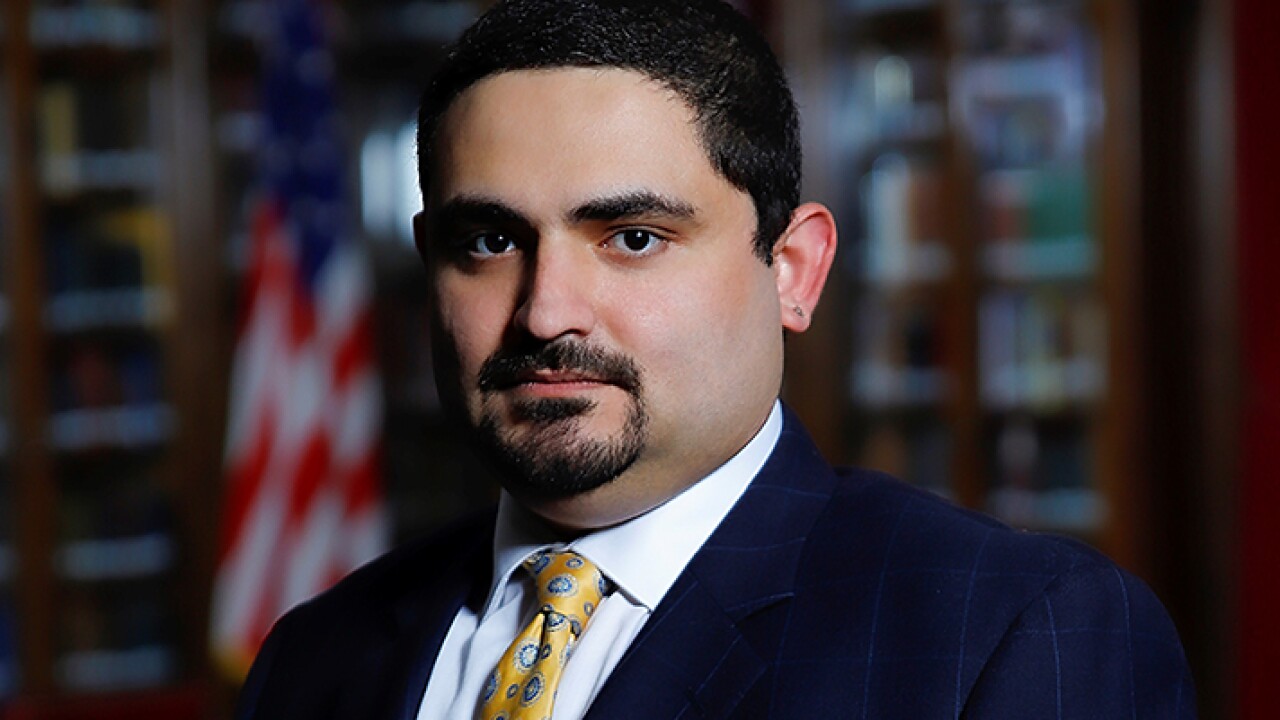DALLAS — Flush with new bonding authority, the Texas Transportation Commission offers its first deal of the year next week, $1.1 billion issue of mobility fund bonds backed by revenues and a tax pledge.
The deal is the seventh to be issued under the mobility fund program created by a state constitutional amendment approved by voters in 2001.
Money in the mobility fund can be used for building publicly owned toll roads and other transportation projects. Legislation authorizing the bonds provides debt service from a pledge and lien from the fund, but also carries a secondary tax pledge. However, the program is expected to be self-supporting from revenues dedicated to the mobility fund, according to analysts.
The negotiated deal led by co-senior managers UBS Securities LLC and Estrada Hinojosa & Co. is planned for Jan. 23, said Jose Hernandez, director of debt management for the Texas Department of Transportation. McCall Parkhurst & Horton LLP serves as bond counsel. Eight other co-managers are working on the deal because of its size, Hernandez said.
The bonds will carry ratings of AA-plus from Fitch Ratings, AA from Standard & Poor’s, and Aa1 from Moody’s Investors Service.
Although state officials are not planning to insure the debt, the TTC will qualify it for insurance, Hernandez said. Demand in the past has been strong, he said.
“We enjoy the state’s general obligation rating, so investor demand has been very good,” he said. “I don’t remember any unsold inventory in the past.”
The mobility fund program is funded by state fees for vehicle registrations, driver licenses and traffic fines. On Sept. 1, 2007, driver license fees were added and certificate of title fees will be added on Sept. 1, 2008.
“Had the full mobility fund dedication schedule been in effect in fiscal 2007 these major revenue sources would have amounted to $360.8 million,” Fitch analysts noted.
Mobility fund obligations may only be issued if the comptroller certifies that mobility fund revenues each year will be equal to at least 110% of the debt service requirement for that year. The commission plans to issue bonds up to this limit.
The deal comes four months after it sold $1.2 billion of Proposition 14 revenue bonds in a negotiated deal led by JPMorgan and First Southwest Co. The Texas Legislature last May doubled the commission’s authorization to issue Prop. 14 bonds to $6 billion.
The commission, which oversees the TxDOT, also carries $6 billion of authorization under the Mobility Fund. In addition to that, voters last November approved an additional $5 billion of general obligation bonding authority for the commission. However, the first bond issue under that program is not expected until 2009 when the next Legislature is expected to pass enabling legislation.
Despite all the new debt, the TxDOT remains in crisis mode over highway funding, calling for alternative solutions such as public-private partnerships. Under the late chairman Ric Williamson, the commission aggressively pursued private funding of toll roads until the legislature placed a two-year moratorium on private development of toll roads.
The reversal in legislative policy led to the cancellation of a $5 billion P3 project north of Dallas, State Highway 121, which was taken from the development team Cintra/JPMorgan and handed to the North Dallas Tollway Authority, a division of the state.
The so-called “funding gap” between needed infrastructure and available money is estimated at $77 billion, according to reports from the Legislature.
For Texas and other states, revenue from state and federal fuel taxes is not keeping up with growing transportation needs and rising construction costs. Although state fuel tax revenue was up 2% in Texas for fiscal year 2007, that did not come close to providing the money needed for construction, officials said.
Over the past quarter-century, Texas grew at the rate of 57% and road use increased 95%, but road capacity grew only 6%.
Maintenance costs are also eating into money for new projects. Over the next five years, TxDOT expects to shift $6 billion from new construction to maintenance. The state appropriations bill passed this year also transfers $1.5 billion out of the state highway fund to non-transportation uses, a 15% increase over the previous biennium.
Lawmakers have not raised the state fuel tax since 1991, when it went from 15 cents to 20 cents per gallon. In the last legislative session, a bill to index the gas tax to construction costs was peremptorily killed.
As a result of the funding shortages, TxDOT has begun postponing projects and laying off employees.
Despite a slowing of the Texas economy due to the housing decline, Standard & Poor’s analysts see no cause for concern about the state’s ability to fully support its debt.
State officials expect employment growth to remain modest at roughly 2% in 2008. Texas unemployment of 4.3% remained below the nation’s 4.7% rate in September 2007.





